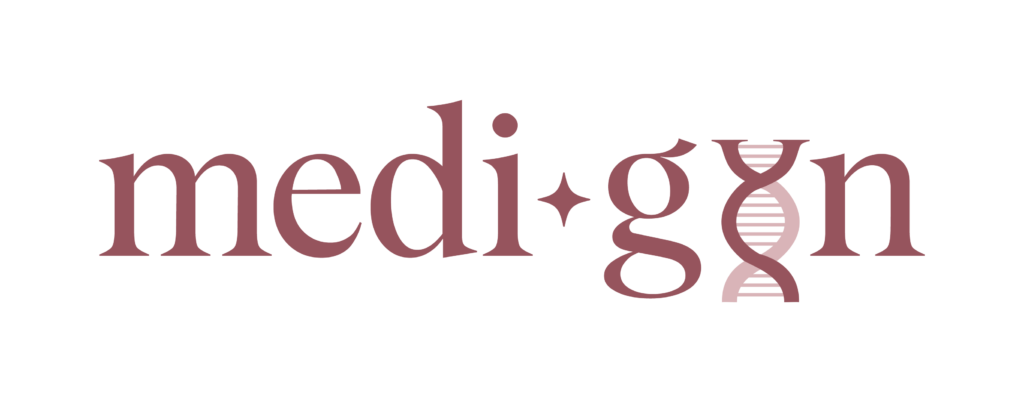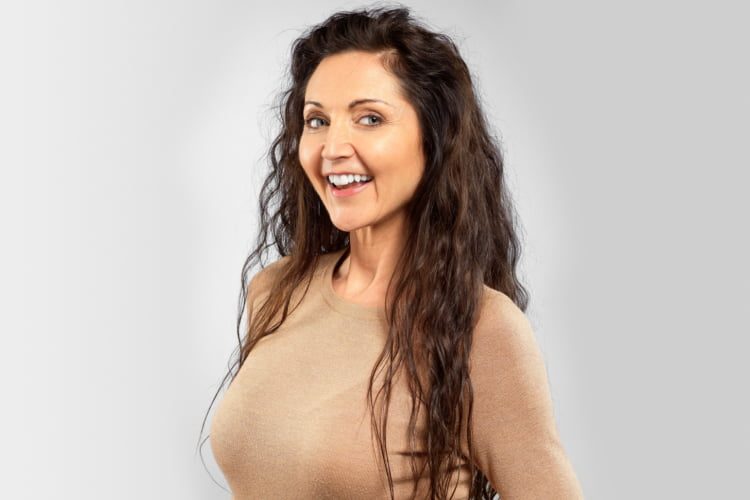1. Introduction to Menopause and Common Symptoms
Menopause is a quite natural biological process in women that marks the end of experiencing mensural cycles. Unlike irregular periods, you can conclude the menopause condition when you do not experience mensuration for more than 12 months at a stretch. Women experience menopause during 40-50 years of age. The preliminary symptom is the absence of mensural cycles; other menopause symptoms include vaginal dryness, insomnia, anxiety, depression, hot flashes, night sweats, mood swings, decreased libido, and difficulty concentrating. Many women describe the stress during menopause periods as unexplainable, and no one, including their spouse, could understand what they are really going through. Here are some tips and treatments to alleviate the difficulties a woman is facing during her menopause period.
2. Lifestyle Changes to Alleviate Menopause Symptoms
Lifestyle changes
Here is a brief look at some simple lifestyle changes that one has to make after menopause, the diet to take during menopause, and how exercise can help the menopausal woman later on in life. It is possible to alleviate the symptoms through simple lifestyle enhancements such as diet, exercise, and sleep.
It will be wise for any smoker among you to avoid smoking immediately. Increased intake of water, controlling your nutrition, exercising, and reducing your body temperature by drinking cold substances can also help keep you far more comfortable during menopause. Proposed traditional gestures include the use of hand fans.
3. Diet and Nutrition for Menopause Relief
Menopause Diet guidelines
Some of the foods and nutrients that should be included in one’s diet when experiencing changes in the body due to menopause will help alleviate symptoms associated with menopause. They help mitigate consequences such as hot flashes and low bone mass. These include phytoestrogens, foods rich in calcium, and vitamin D; in case the body indicates low levels of vitamin D, the doctor might recommend vitamin D supplements that boost the intestinal absorption of calcium.
Food to eat during menopause to boost your calcium intake naturally includes almonds, spinach, kale, white beans, cheese, milk, yogurt, and salmon to your diet. You can also look for calcium-fortified options like certain types of orange juice and oatmeal. Your doctor can guide you on the proper menopause nutrition to help you grip on the symptoms of menopause.
Sleep
Reduce screen time, and practice yoga and meditation to relax your body and enjoy a restful sleep.
Exercise for menopause relief
It is essential to spend half an hour exercising for overall wellness and to relieve menopause symptoms. The most important is to be consistent in your exercise regime. Studies show strength training, aerobic conditioning, balance exercises (like yoga or tai chi), pelvic floor exercises, and breathing exercises.
4. Herbal Remedies and Supplements
Moreover, hormone therapy experts also recommend some natural remedies for menopause. Some herbal foods, such as black cohosh, red clover, and evening primrose oil, assist you in overcoming the annoying symptoms related to menopause. These natural supplements for menopause are also referred to as menopause relief supplements.
Black Cohosh: Research suggests that black cohosh, an herbal supplement for menopause derived from the root of the North American black cohosh plant, aids in managing sweat-inducing symptoms or hot flashes.
Red clover: It is a natural source of estrogen and possibly useful for relieving a few quite disturbing symptoms of the menopausal state.
Evening primrose oil is a good natural source of omega-6 essential fatty acids, which are proven to have anti-inflammatory properties in the human body. This herbal supplement is considered very effective for PMS and menopausal symptoms.
Some other menopause relief supplements include ginseng, wild yam, and flaxseed.
5. Hormone Replacement Therapy (HRT)
The view holds that one of the defining changes in the body at this stage of menopause is the loss of the estrogen hormone. Hormone replacement therapy, as the name suggests, centers on propping up the declined extent of hormones by using bioidentical estrogen hormones. Most of the menopause treatment is in the form of HRT since it is the most effective treatment for the symptoms. When the estrogen hormone levels are replaced, it is always good and comfortable, and women feel okay. Hormone therapy facilities in Dubai get the best out of them by optimizing new technologies with the help of extremely competent and enthusiastic hormone practitioners. HRT is administered to a woman experiencing menopausal symptoms for the permanent elimination of all discomforts.
As with any treatment, some certain potential risks or complications are connected to HRT for menopause. However, compared to the other cases described above, the risk factors are considerably reduced when you opt for HRT at an early age of 60 and below. Select HRT and consider it only after consulting with hormone specialists from one of the top hormone replacement therapy clinics in Dubai.
6. Mind-Body Techniques to Manage Symptoms
Such activities as mindfulness intervention, meditation, and yoga have a positive effect on preventing the symptoms associated with the menopausal phase. Do Mindfulness meditation daily to completely relax the mind, body, and soul. It is a fact that during the period of menopause, the hormonal levels are low and can cause stress and anxiety. The mindfulness meditation strategies assist you in stimulating some changes in the body to bring a comprehensive equilibrium. Finally, a meeting with a therapeutic yoga specialist will introduce you to training on asanas for menopause in women.
7. Alternative Therapies for Menopause Relief
Alternative menopause treatments like acupuncture for menopause and biofeedback help alleviate menopausal symptoms. To experience tangible results, continue acupuncture therapy for more than five weeks. You can feel a pleasant improvement in the quality of your life after menopause with acupuncture therapies.
8. Personal Stories and Expert Interviews
expert advice on menopause, real stories of menopause
Sarah’s Journey: Embracing Change with Positivity
Sarah, a 52-year-old marketing executive, began experiencing menopausal symptoms at 48. Her menopause experience is as follows- “Hot flashes and night sweats were the worst,” she recalls. “I felt like I was losing control of my body.” After consulting with specialists at Medi-Gyn, Sarah began a personalized hormone therapy plan. Along with regular exercise and a balanced diet, her symptoms greatly improved. “I feel more in control now and more positive about this new phase of life,” she says with relief. There are a lot many real stories of menopause, which were handled efficiently at Medi-Gyn after providing expert advice on the symptoms of menopause and treatment procedures.
9. FAQs About Menopause
1. What are the precautions to be taken after menopause?
A: Follow a healthy lifestyle. Include more calcium, omega-3 fatty acids, and leafy vegetables. Regular exercise, yoga, and meditation can help you manage the symptoms.
2. Should I take HRT treatment?
HRT should not be your choice of treatment. Consult with a hormone specialist at a hormone therapy center in Dubai. They can help you choose the treatment that best suits your condition.
10. Latest Research and Developments in Menopause Treatment
The new methods of treating menopause symptoms are being aimed at novel hormone therapies in the form of bioidentical hormone replacement and tissue-selective estrogen complexes. These new treatments also aspire to minimize the emergent symptoms with less harmful effects. In terms of vasomotor symptoms, some non-estrogen treatments, like neurokinin B receptor antagonists and antidepressants, including SSRIs/SNRIs, show promising potential. They are the innovations in the management of menopausal symptoms. Phytoestrogens, acupuncture, and mind-body practices that work as tools besides regular management are also being considered for exploration under research for menopause.
Moreover, technologies such as wearable devices further augment the effectiveness of treatments for menopause symptoms to a personalized level. Advances in genetics and biomarkers, compounded with solid advancements in precision medicine, give manifold routes to arriving at unique treatment plans for patients. From these advancements, it is evident that they would go a long way in enhancing the lives of women in the menopausal stage
 BREAKING NEWS - available WORLDWIDE
BREAKING NEWS - available WORLDWIDE




